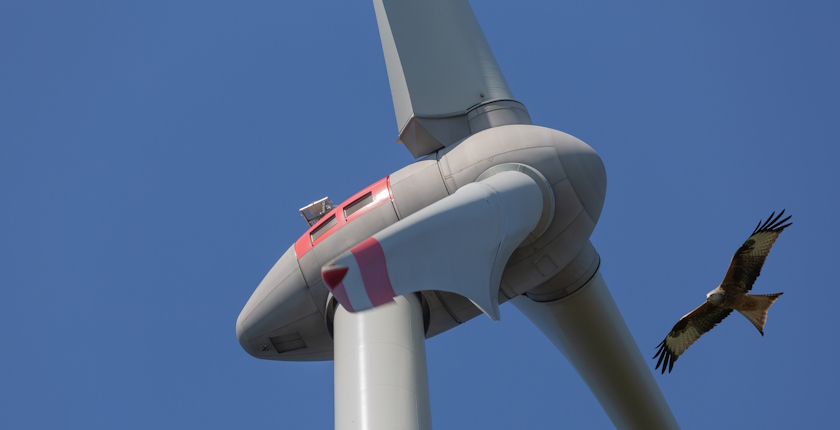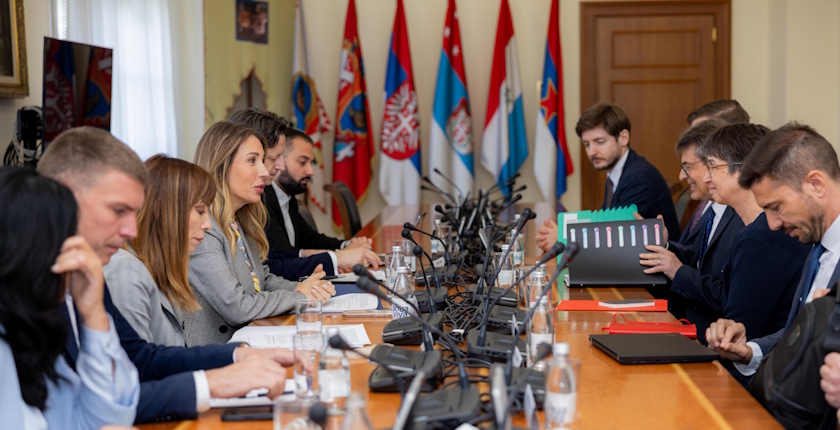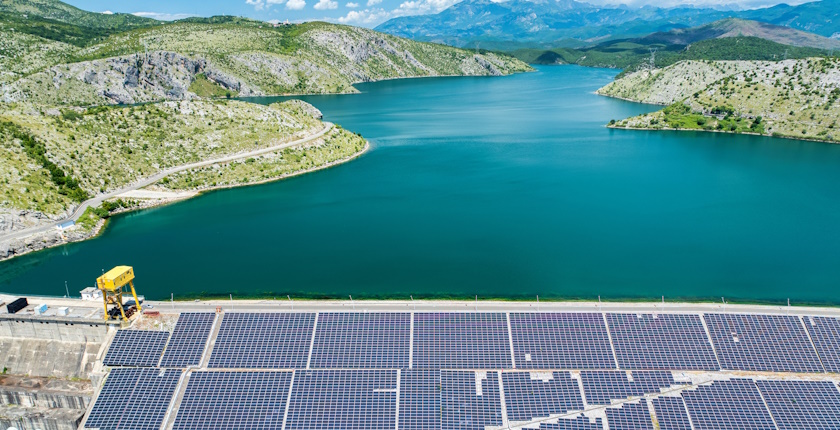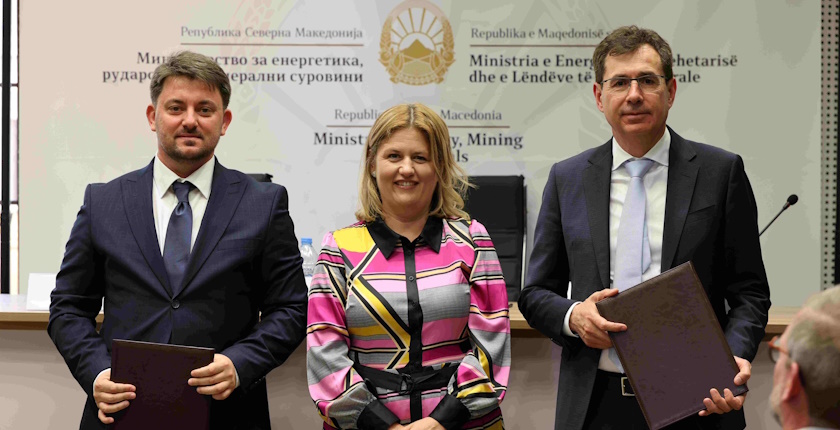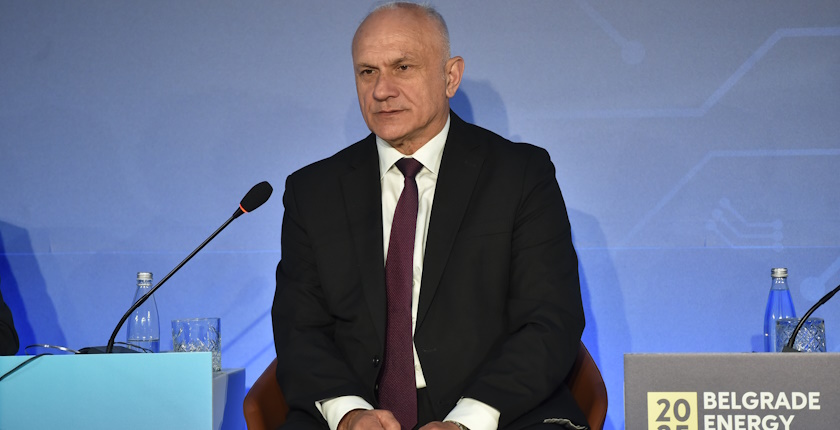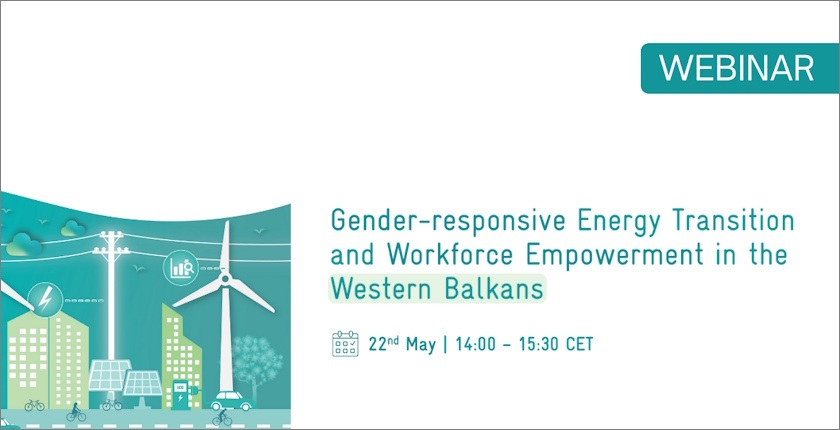
Regional webinar on gender-responsive energy transition and workforce empowerment
A regional webinar titled Gender-responsive Energy Transition and Workforce Empowerment in the Western Balkans will be held on May 22. The aim of the webinar, organized by GIZ, is to initiate a dialogue on the social and gender aspects of the transition from fossil fuels to renewable energy sources.
The energy transition in the Western Balkans is bringing significant changes. The shift to renewable energy leads to a restructuring of the labor market. More than 138,000 jobs are currently linked to coal-based industries, raising questions about the social impacts and the need for workforce reskilling.
Investing in skill development and workforce adaptation is essential to mitigating social challenges, particularly gender inequalities, during the energy transition process.
GIZ recently conducted the first comprehensive analysis of the impact of the energy transition on the labor market in the Western Balkans. The study outlines the expected job losses and gains, identifies the skills needed for future employment in the renewable energy sector, and highlights the crucial role of technical and vocational education in this process.
Everyone interested can register via a link
The the findings of the study will be presented at the webinar Gender-responsive Energy Transition and Workforce Empowerment in the Western Balkans, scheduled for May 22 from 14:00 to 15:30. The event will be held online via Microsoft Teams, and all interested participants can register via this link.
The discussion will feature Valentina Vučković, a socio-economic expert from the Institute for Development and International Relations (IRMO), who will present the research findings. Fiona Imami from the organization Co-Plan will speak about policy solutions for coal mine regions within the concept of a just transition, and Marta Schulte-Fischedick from the Energy Community Secretariat will address gender inequality issues and potential systemic solutions.
Special emphasis will be placed on the need for greater synergy between the education and energy sectors to ensure that the workforce can effectively adapt to new conditions. The discussion will also cover issues of gender equality, the inclusion of women in the green energy sector, and ways to reduce existing gender disparities in employment and career advancement in the field.

